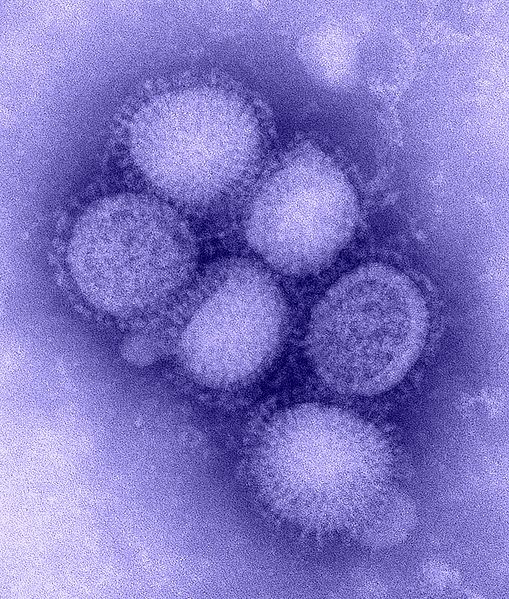Experimenting With Disaster, Part 2
By Mara Hvistendahl,
The Intercept
| 11. 01. 2022
Unfrozen Flu: Accident With 1918 Pandemic Virus Raises Questions About Pathogen Research
Part 1; Part 3
AT THE MOMENT that the ferret bit him, the researcher was smack in the middle of Manhattan, in a lab one block from Central Park’s East Meadow. It was the Friday afternoon before Labor Day in 2011, and people were rushing out of the city for a long weekend. Three days earlier, the ferret had been inoculated with a recombinant strain of 1918 influenza, which killed between 20 and 50 million people when it swept through the world at the end of World War I. To prevent it from sparking another pandemic, 1918 influenza is studied under biosafety level 3 conditions, the second-tightest of biosafety controls available. The researcher at Mount Sinai School of Medicine (now Icahn School of Medicine at Mount Sinai) was wearing protective equipment, including two pairs of gloves. But the ferret bit hard enough to pierce through both pairs, breaking the skin of his left thumb.
The flu is typically transmitted through respiratory droplets, and an animal bite is unlikely to infect a scientist. But with a virus as devastating as 1918...
Related Articles
Riquet Mammoth Kakao (c.1920)
by Ludwig Hohlwein, Public Domain via Flickr
Colossal, the de-extinction company, scored headlines (1, 2, 3, 4, 5) recently by announcing that they had created mice! Not just any mice, not even colossal mice, but genetically engineered, normal-size “woolly mice” that are the result of editing seven genes in mouse embryos. This Colossal presented as an important step toward making a specimen of charismatic megafauna – a...
By Ben Johnson, Nature | 02.14.2025
A London-based biotech has amassed the world’s largest ethically sourced foundational biodiversity database for training artificial intelligence (AI) by setting up partnerships with 25 countries around the world. The startup, Basecamp Research, announced in January the launch of a new...
By Isaac Schultz, Gizmodo | 10.18.2024
Colossal Biosciences, a company mainly known for intending to genetically engineer proxies for several iconic extinct species, announced this week that it has made major steps towards the de-extinction of the thylacine, or Tasmanian tiger.
The thylacine was a carnivorous...
By Russ Burlingame, Comicbook | 07.23.2024
Colossal Laboratories and Biosciences, a biotech company that's putting together plans to orchestrate the de-extinction for animals like the dodo and the wooly mammoth, made some waves on Reddit recently when they petitioned the United Federation of Planets -- the...




